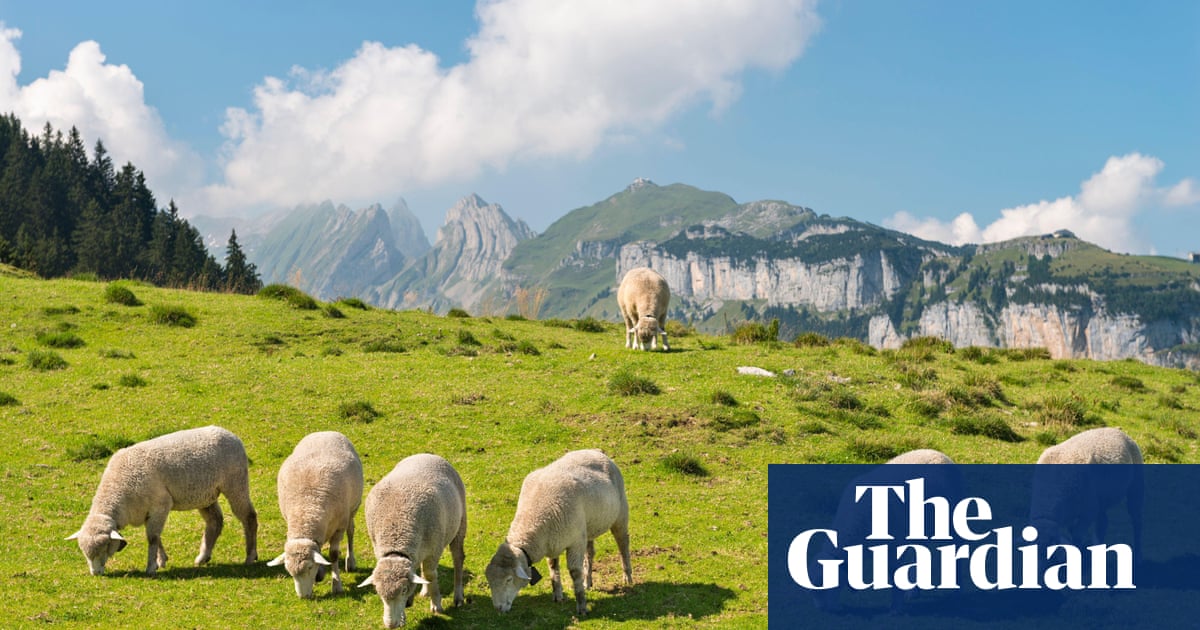Farmers in Switzerland dumped the carcasses of sheep that were killed by wolves in front of a regional government building on Saturday as part of a protest to demand more action against the predators.
About a dozen breeders came from the Saint-Barthélemy area in the western Swiss canton of Vaud to lay 12 carcasses in front of Lausanne’s Chateau Saint-Maire, the regional government headquarters, AFP reported.
“These sheep were killed last night,” Eric Herb, a member of a Swiss association demanding the regulation of big predators, told the Keystone-ATS news agency.
“It is really time to act. The breeders have played nice until now, but this time it was too much.”
He said the protesters wanted to increase the pressure on the Vaud government environment minister, Vassilis Venizelos of the Green party.
Patrick Perroud, a farmer and butcher from the nearby municipality of Oulens, said: “We are sick of this. We want the wolf killed.
“Cohabitation is not possible. Our territory is too small.”
The breeders had negotiated with regional police before being allowed to lay down the animal carcasses on tarpaulin in front of the chateau.
Participants in the protest, which was supported by the regional chapter of the populist rightwing Swiss People’s party – the country’s largest party – said they were losing sheep.
After being wiped out more than a century ago, wolves have in recent decades returned to Switzerland and to other European countries.
Since the first pack was spotted in the wealthy Alpine nation in 2012, the number of packs has swelled to 32 with a population of about 300.
Last year, Swiss authorities relaxed the rules for hunting the protected species and allowed large preventive culls in the most affected cantons.
However, in December the wolf cull was put on hold by the courts, which ordered some of the packs – which have endearing Swiss names such as Jatzhorn, Stagias, Hauts-Forts or Isérables-Fou – to be spared.
Farmers had argued the proposed cull was vital to protect livestock and the future of Alpine communities while environmental groups said the cull went far further than the law allows and could decimate the wolf population.
The population of hybrid wolfdogs is increasing in parts of Europe, the Guardian reported last month.
In Tuscany, Italy, and some other regions hybrid wolfdogs account for up to 70% of the wolf population.
Luigi Boitani, Italy’s leading expert, said when he caught a hybrid in 1975 he “was met with everything from gentle opposition to [people who] said: ‘This is bullshit.’”
He said in some regions “they are basically all hybrids”, adding: “In this case, there is nothing you can do.
“You cannot send the army to kill everything.”
